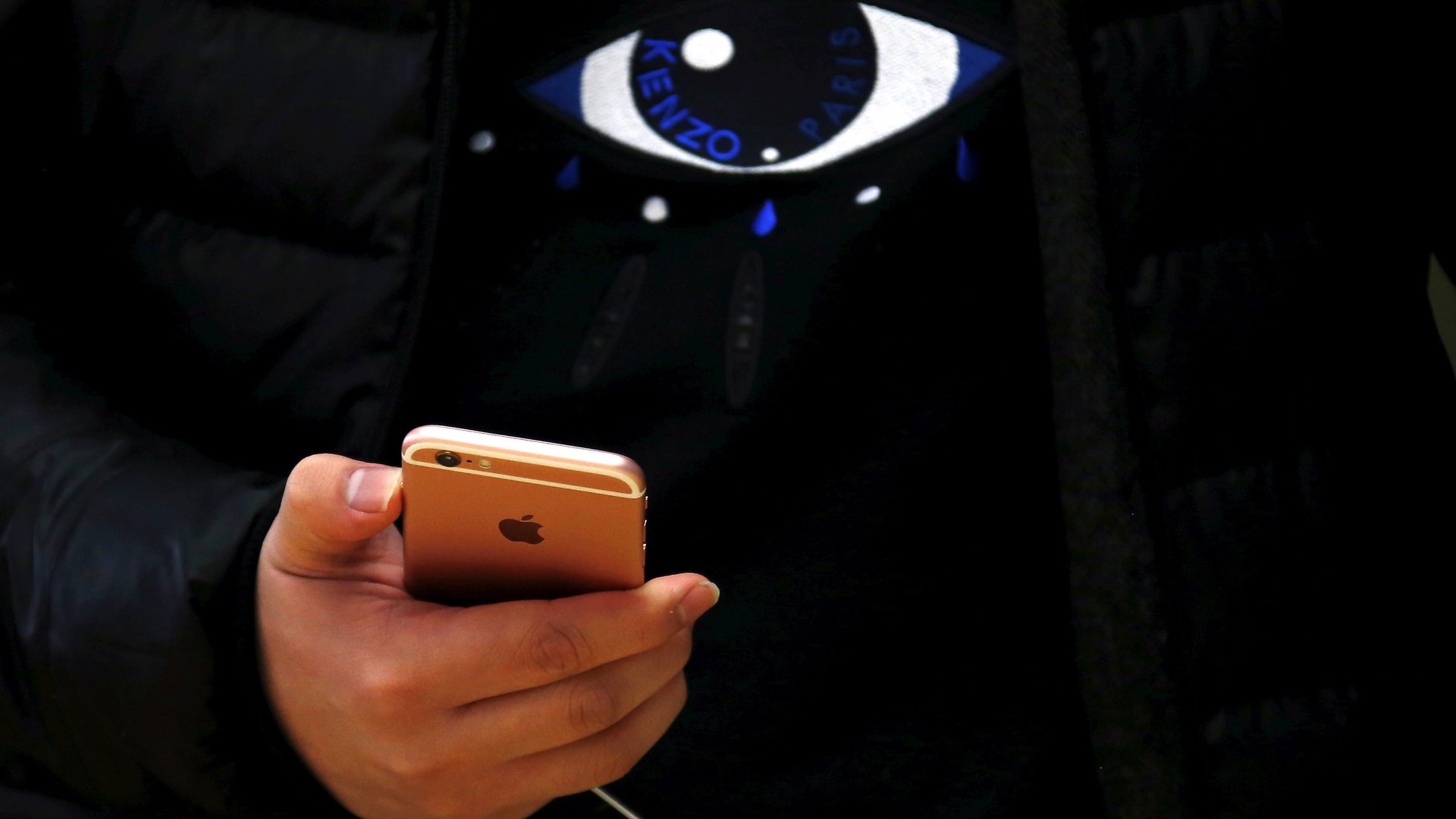Say goodbye to the iconic MP3
When it was introduced in the late 1990s, the MP3—a then-novel digital audio coding format—shattered the dominance of physical CDs. It reduced audio file sizes by as much as 95%, suddenly allowing listeners to carry a massive amount of music around on tiny pocket-sized devices.


When it was introduced in the late 1990s, the MP3—a then-novel digital audio coding format—shattered the dominance of physical CDs. It reduced audio file sizes by as much as 95%, suddenly allowing listeners to carry a massive amount of music around on tiny pocket-sized devices.
But in the 2000s, as is often the case in music, the MP3 was slowly usurped by newer, more powerful formats, which are now used almost ubiquitously by streaming services and other modern music platforms. After nearly two decades, the Fraunhofer Institute for Integrated Circuits, the German research body that owns the rights to MP3, has decided to no longer renew its patents on the technology—effectively killing the format for good. Said Fraunhofer in a succinct press release:
Most state-of-the-art media services such as streaming or TV and radio broadcasting use modern ISO-MPEG codecs such as the AAC (Advanced Audio Coding) family or in the future MPEG-H. Those can deliver more features and a higher audio quality at much lower bitrates compared to MP3.
That the patents expired a month ago with hardly any media attention is just a sign of how far the MP3 has fallen. It was once hailed as revolutionary, and now is barely given a second glance.
Genuine lovers of the MP3 will be able to continue listening to MP3 files, but given that AAC and newer formats offer much better audio quality, there are likely not many of those enthusiasts out there. Unlike vinyl records, the MP3 lacks nostalgic value and offers no particularly unique sound. Gizmodo points out that there is even research suggesting that the format’s compression brings out “negative emotional characteristics” in musical instrument sounds.
Despite its technical shortcomings, however, the cultural value of the MP3 cannot be overstated. Music was turned from a physical object into easy software. Songs could suddenly be heard and exchanged faster than ever, across any points in the world. A generation of web-wary people were brought into the internet age—often through piracy via Napster and Limewire, then via legal channels like the still-loathed iTunes. Indeed, Apple harnessed the format for the iPod in 2001—before it, too, shifted to AAC—and went on to become one of the most successful companies in history.
As NPR describes it, the MP3 has been “on life support” for years. In 2017, as the world moves on to highly-effective, high-tech everything, we’re letting it go in silence.